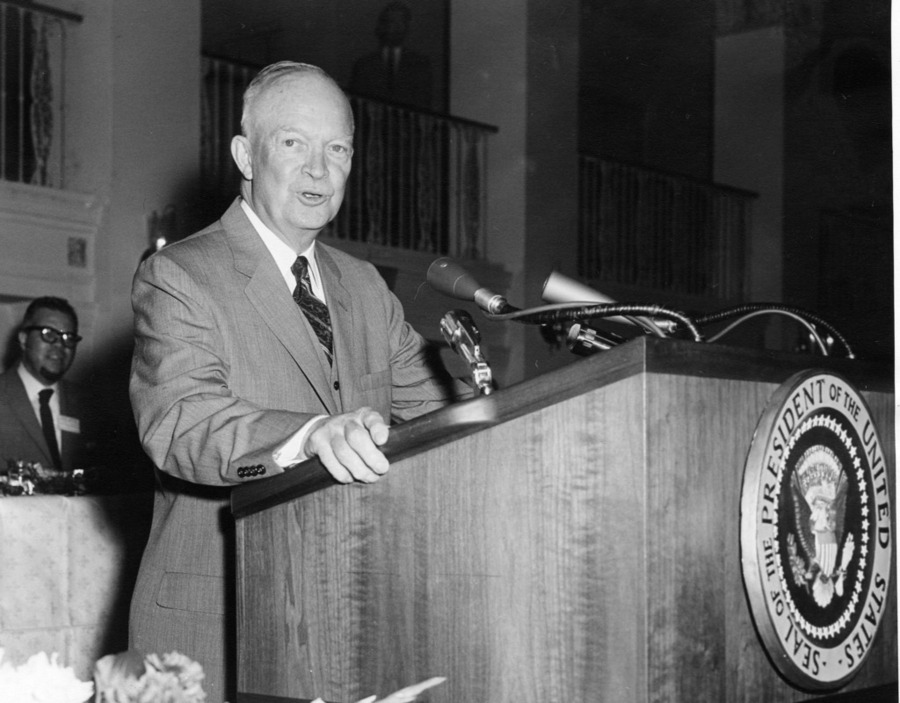Ryan Calo on the FAA's Setback on Domestic Drones
"Drones: 1, FAA: 0" is the headline of Ryan Calo's article in Forbes.com about the overturning of an FAA fine against a domestic drone operator. Those who remember the FAA's faintly absurd intervention in the Lawfare Drone Smackdown sometime back, won't find this altogether surprising.
Published by The Lawfare Institute
in Cooperation With

"Drones: 1, FAA: 0" is the headline of Ryan Calo's article in Forbes.com about the overturning of an FAA fine against a domestic drone operator. Those who remember the FAA's faintly absurd intervention in the Lawfare Drone Smackdown sometime back, won't find this altogether surprising. Writes Calo:
An administrative judge invalidated a fine yesterday against an individual who used a small drone for the commercial purpose of taking and selling photographs. Thedecision has been heralded, rightfully, as a blow to the Federal Aviation Administration’s ability to regulate private drone use in the United States. But the news does not necessarily mean you should resume delivering beers with your quadrocopter. What follows is a short analysis of the decision in FAA v. Pirker and what it does, and does not, mean for drone operators. There are a number of ways someone could challenge an FAA fine for taking photographs with a drone. One involves the First Amendment. Although commonly overstated, recent case law suggests that citizens have a free speech right to record matters of public interest. Other, long-standing case law suggests that First Amendment activity receives no less scrutiny by virtue of having a commercial motivation (although the government has a freer hand regulating “commercial speech” that merely proposes a transaction). Thus, you could imagine a news outlet arguing that the FAA cannot fine them for filming police activity in L.A. The trouble with the argument is that the FAA would say it is not regulating the collection of information, for reasons of censorship, but rather the flight itself, for reasons of safety. Were a free speech challenge to succeed, however, it would severely and perhaps permanently hamper the FAA’s efforts to regulate private drone use. The challenge Raphael Pirker mounted, through his able attorney Brendan Schulman, is different in both focus and scope. Pirker argued that the FAA had not followed the proper procedures in attempting to regulate the type of “model aircraft” he was using to take photos. Agencies like the FAA can only fine you if you violate a specific regulation (or an agreement you made with them). To pass a regulation, agencies have to follow certain protocols laid out in the Administrative Procedure Act. Pirker pointed out that while the FAA can regulate “aircraft,” it has repeatedly excluded model aircraft (or “modelers”) from that definition. Model aircraft are subject instead to mere agency guidance, compliance with which is voluntary. An administrative judge agreed with Pirker on this point and therefore canceled the fine the FAA had imposed against him.
Benjamin Wittes is editor in chief of Lawfare and a Senior Fellow in Governance Studies at the Brookings Institution. He is the author of several books.





